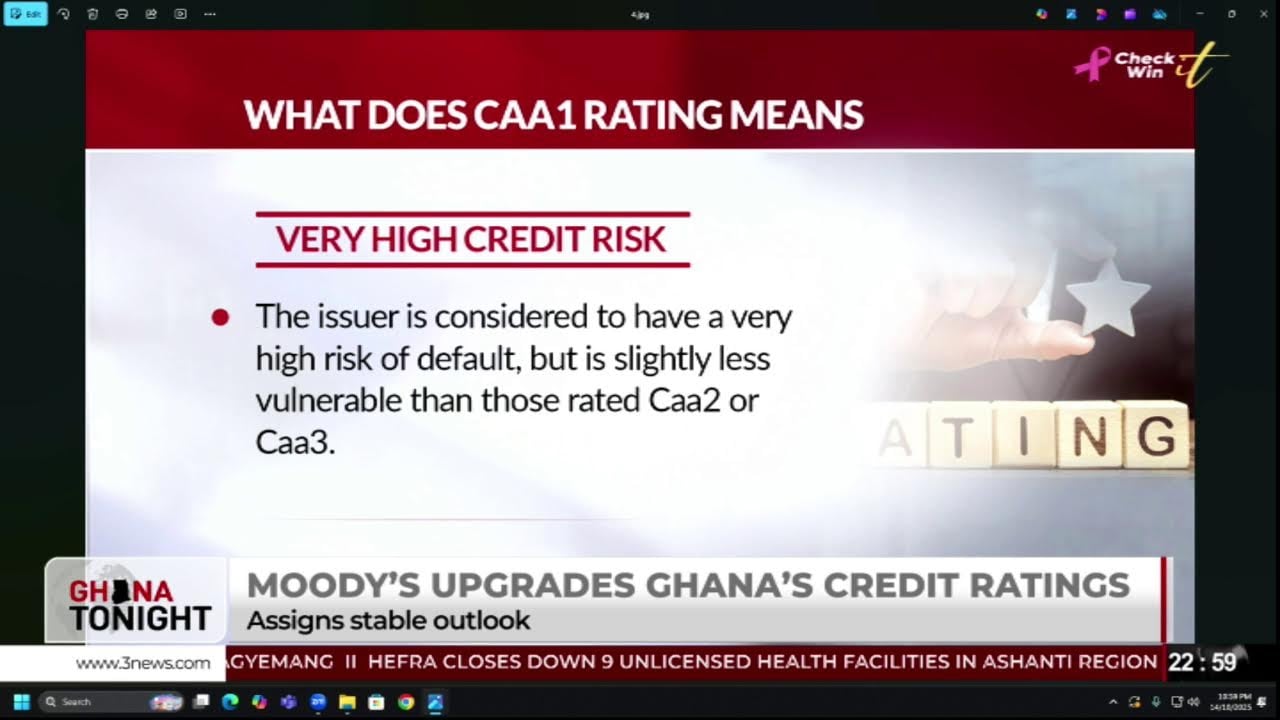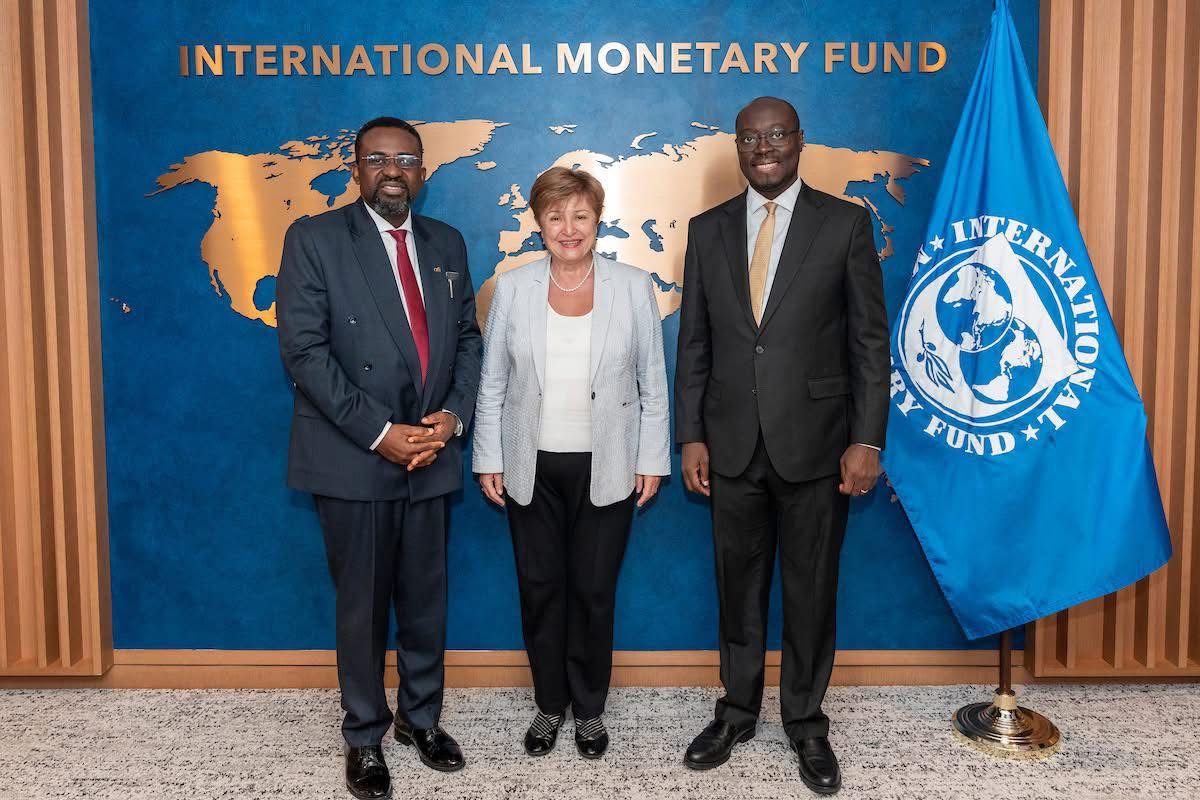
Tema — A workshop to encourage effective self-auditing of security in ports in the West and Central African Region opened here yesterday.
The four-day programme is being organised by the International Maritime Organisation (IMO) in collaboration with the Ghana Maritime Authority (GMA) to promote cooperation between port authorities and designated authorities of the participating countries through open discussion, by sharing experiences and best practices relating to maritime security.
It would also provide the opportunity to review the implementation of maritime security in the region and evaluate new or evolving threats.
In attendance are maritime and security experts from Ghana, Angola, Benin, Cote d'Ivoire, Equatorial Guinea, Gabon, Nigeria, Sao Tome and Principe, Senegal, Sierra Leone and Togo.
Topics for discussion include the establishment of national maritime security committees, application of maritime security measures in areas other than port facilities, training and certification of port facility security officers, maritime cyber risk management, best practices and recommendations related to the implementation of security measures in port facilities.
In a speech read for him, the Minister of Transport, Mr Kwaku Ofori Asiamah, said Ghana domesticated the International Ship and Port Facility Security (ISPS) Code with the enactment of the Ghana Maritime Security Act (Act 675) as far back as 2004.
He said with assistance from the IMO, the government of the United States of America and other development partners a lot of improvements had been chalked in enhancing the security in Ghana's ports and port facilities as required by the ISPS code.
Mr Asiamah , however, expressed concern over reports by the IMO indicating tremendous increase in illicit maritime activities particularly piracy and armed robbery the West and Central African region in spite of recent successful law enforcement operations by coastal states in the region.
"This is a clear indication that there is still room for more to be done," he said.
Mr Asiamah was, therefore, hopeful that the workshop would equip participants with the skills required for carrying out port security self-auditing to identify vulnerabilities in the security system and develop remedial strategies to take total effective control of the security of our ports and port facilities.
The Director General of GMA, Mr Kwame Owusu, expressed gratitude to the IMO for the continuous support to Ghana in the area of capacity building in line with the maritime security project for West and Central Africa.
He said Chapter XI-2 of the Safety of Life At Sea ( SOLAS) convention and the ISPS code were important maritime security instruments which required every ship and port facility to implement measures to avert any possible security threat that could jeopardise the safe operations of the ship or the port.
Mr Owusu said in an effort to assist SOLAS contracting parties to implement and to be compliant with the requirements of SOLAS chapter XI-2 and the ISPS code, the IMO maritime safety committee developed guidance on voluntary self-assessment.
He said the workshop would help in the development of capacity through training in port security.
The IMO Regional Coordinator for West and Central Sub-Region of West Africa, Captain Dallas Laryea, noted that in its more than a decade experience in maritime security capacity building among the 173 member states, the IMO had adopted a risk- based approach to resolving issues as every country was unique and no one strategy fitted all.
He said there was the need to ensure that the governance framework was complemented by clear and realistic policies and standard operating procedures with a mechanism to adapt from the top down and the bottom up.
Capt. Laryea called for well laid-out mechanism to facilitate communication amongst and within departments and stakeholders.
Member of Parliament for Ayensuano, Samuel Ayeh-Paye, who chaired the function hoped that participants would enhance their knowledge and skills to conduct effective self-audit in their respective ports.
Read Full Story





















Facebook
Twitter
Pinterest
Instagram
Google+
YouTube
LinkedIn
RSS